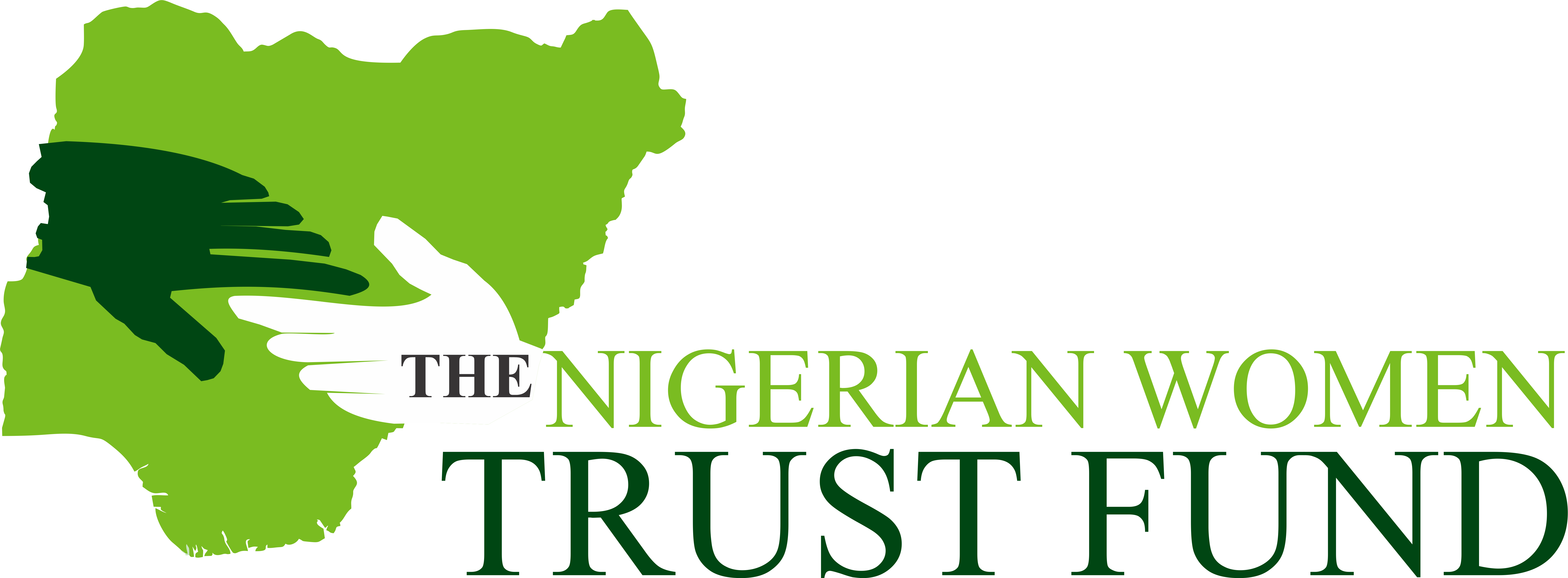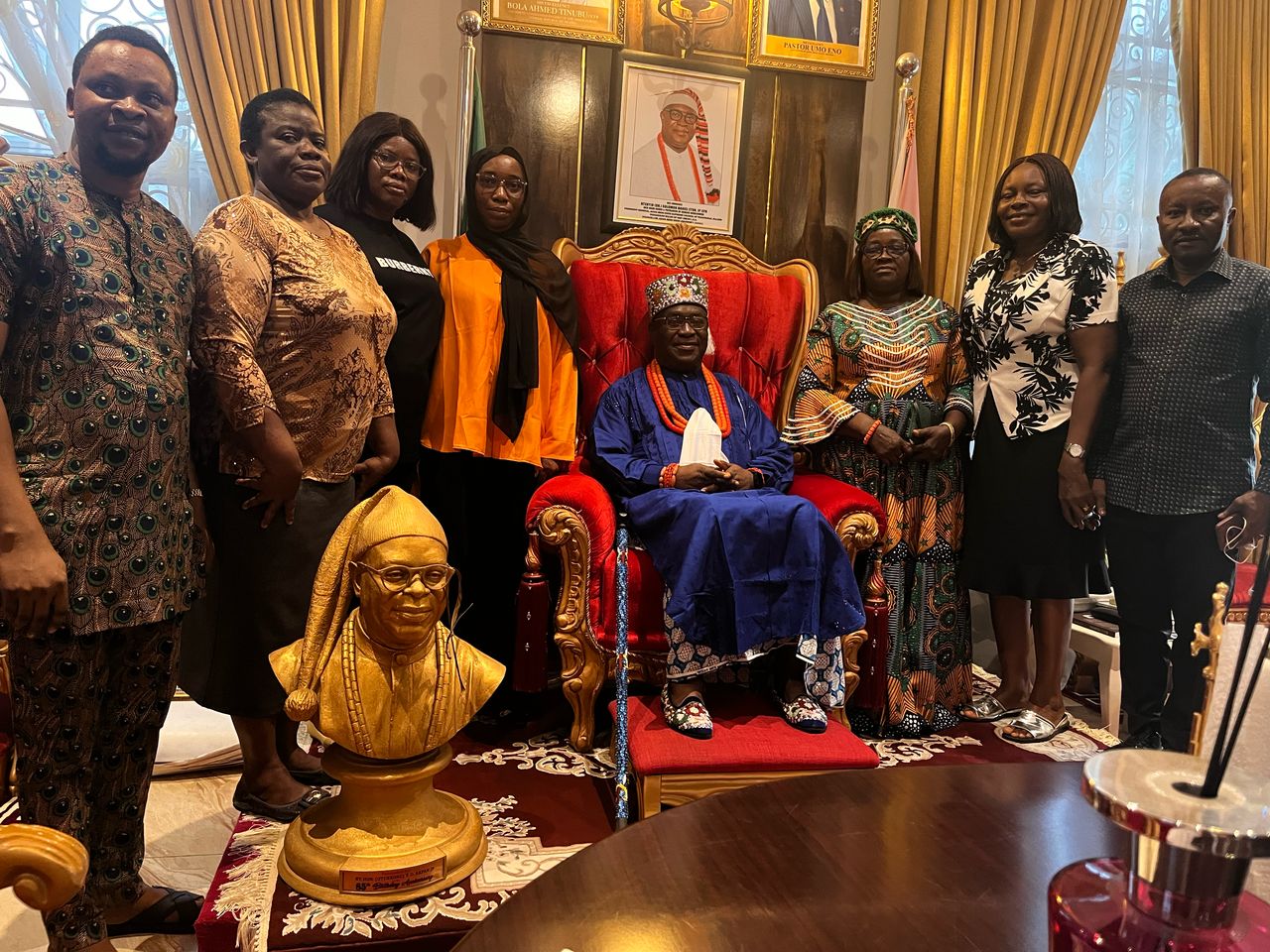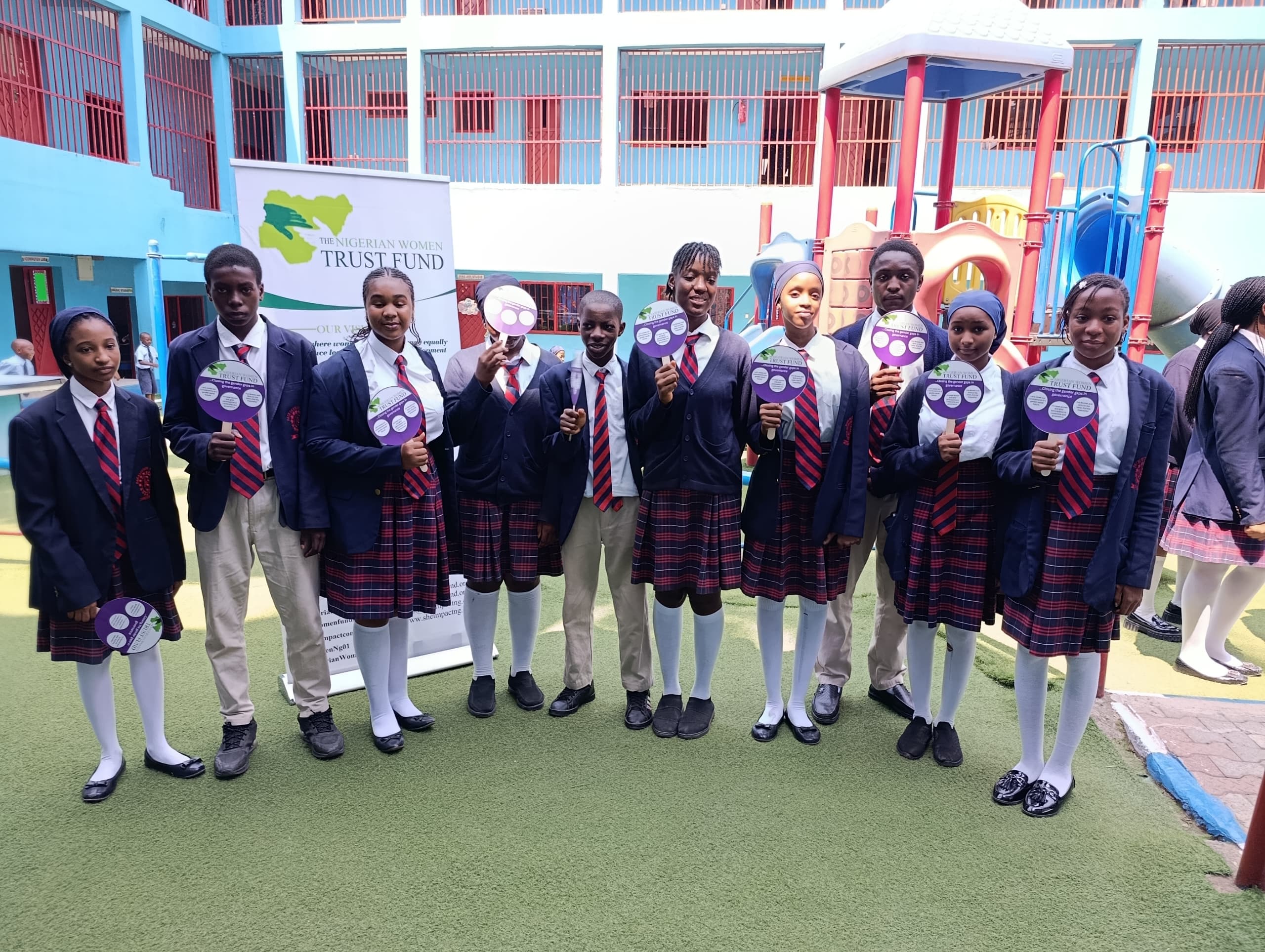At the National Conference on Violence Against Women and Girls: A Challenge to Women’s Political Leadership organized by the Nigerian Women Trust Fund with Support from Ford Foundation on 8th December 2020 in Abuja and virtually with participants from diverse background, the honourable Minister of Women Affairs unveiled and publicly presented a publication by the Nigerian Women Trust Fund titled Analysis of the Root Causes of Violence against Women and girls: A Leadership Strategy. During the presentation, the Minister condemned in strong terms all acts of violence against women and girls. She emphasized that violence against women and girls is an abnormality that reduces the opportunities for women and girls. She called on all stakeholders to act swiftly to guarantee protection of women and girls from all forms of violence.
The conference which was also organized to commemorate the Sixteen Days of Activism against Gender-Based Violence under the global theme, “Orange the World: Fund, Respond, Prevent, collect!” provided the platform for the Ending Violence against Women and Girls Project (EVAWG), who participated at the conference to share their experiences.
During the book unveiling session, moderated by Ms Toun Okewale Sonaiya, MD/CEO of Women Radio, 97. 1 FM, the Honorable Minister Dame Tallen commended the Nigerian Women Trust Fund and the Ford Foundation for the collaboration on the publication and tasked the two organizations to extend the research to every state of Nigeria. She congratulated the Nigerian Women Trust Fund for its efforts towards the empowerment of women and girls for leadership positions.
The conference which was also organized to commemorate the Sixteen Days of Activism against Gender-Based Violence under the global theme, “Orange the World: Fund, Respond, Prevent, collect!” provided the platform for the Ending Violence against Women and Girls Project (EVAWG), who participated at the conference to share their experiences.
The conference assembled female politicians, Civil Society Organizations (CSOs), NWTF mentees, Academicians, and relevant stakeholders who contributed to the discourse. Ms Mufuliat Fijabi the Chief Executive Officer, Nigerian Women Trust Fund gave the welcoming remark highlighting the changes women politicians encounter as a result of violence and urged female politicians to stay resolute in ensuring that women are duly represented in our political space. Ms Boladele Shobowale – Program Assistant, Ford Foundation gave the Goodwill Message stating that across the world we have seen that women have demonstrated exemplary leadership at every level of the pandemic response. However, the pandemic has also exacerbated deeply entrench inequalities threatening progress on gender equality and poses significant barriers to women’s participation in leadership and Nigerians governance. Adding that, Nigeria has one of lowest women representation in the world and in Africa. Nigeria is ranked 181 out of 193 countries in this regard.
This is evident in our National Assembly where only 7 seats are occupied by women out of 109 senate seats and only 11 seats out of 360 seats for the House of Representatives. She reiterated that women have made remarkable progress in various fields, but politics has not been one of them. Ms Dorothy Njemanze – Activist, and co-founder of Dorothy Njemanze Foundation gave the Agenda Setting Statement on Violence Against Women and Girls: A Leadership Barrier. In her speech she emphasized that one of the things important about participation in society for adult is participation in elections and other leadership roles which may not come by elections adding that, it is important to look holistically at what violence against women and girls is all about and the culture of addressing violence against women and girls, response protocols towards addressing violence against women and girls as reported.
The conference had two panel session; Session one was on Researchers’ Experience Sharing on the Root Causes of Violence Against Women and Girls which was moderated by Ms. Ngozi Nwosu Juba – Human Rights Activist and Project Director, Vision Spring Initiatives. The panelist where the researchers from different states where the research was conducted. In Nasarawa are Ms. Felicia Onibon and Ms Godiya Pius. In FCT is Dr. Rose Musa. In Cross River state is Ms. Emilia Okon and in Adamawa are Ms. Fatima Wakili and Ms. Bibiana A. Adams who narrated their findings on the root causes of violence against women and girls in their respective States of research.
Session two was on Commemorating the 16 Days of Activism Against Gender-Based Violence: Unbundling the issues which was moderated by Dr. Sharon Omotosho– Co-Ordinator, Women’s Research and Documentation Centre (WORDOC) Institute of African Studies, University of Ibadan and discussants were Hon. Janet Febisola Adeyemi – Former member, House of Representatives and president of Women in Mining in Nigeria, Ms Maggie Mariam Batubo – Woman Leader of Social Democratic Party (SDP), Ms. Ekaete Judith Umoh – Founder and Executive Director, FACICP Disability Plus and Barr. Ebere Ifendu – President, Women in Politics Forum (WIPF).
At the conference Her Excellency, Dame Pauline Talen (OFR) – Minister of Women Affairs unveiled and presented the research publication titled “Analysis of the Root Causes of Violence Against Women and Girls in Nigeria: A Leadership Strategy” which was moderated by Ms. Toun Okewale Sonaiya – Chief Executive Officer, Women Radio 91.7fm

Harnessing the aftermath of the conference by Ms. Felicia Onibon – The National Coordinator, 100 Women Lobby Group noted that the meaningful participation of women in national, local, and community leadership roles has become an important focus on global development policy. Still, some may ask why it matters if women become political leaders, elected policymakers, or civil society activists. Why does the world need more women involved in all aspects of the political process? Ms Onibon summed that women’s political participation results in tangible gains for democracy, including greater responsiveness to citizen needs, increased cooperation across party and ethnic lines, and a more sustainable future.
Publication link —– https://com12.cld.bz/Analysis-of-the-Root-Causes-of-Violence-against-Women-and-Gi






